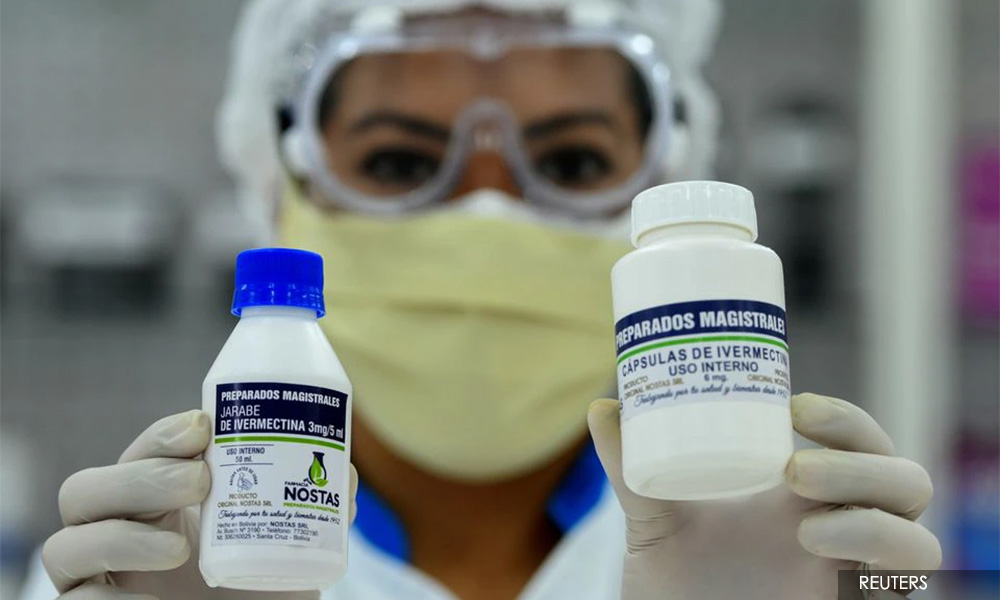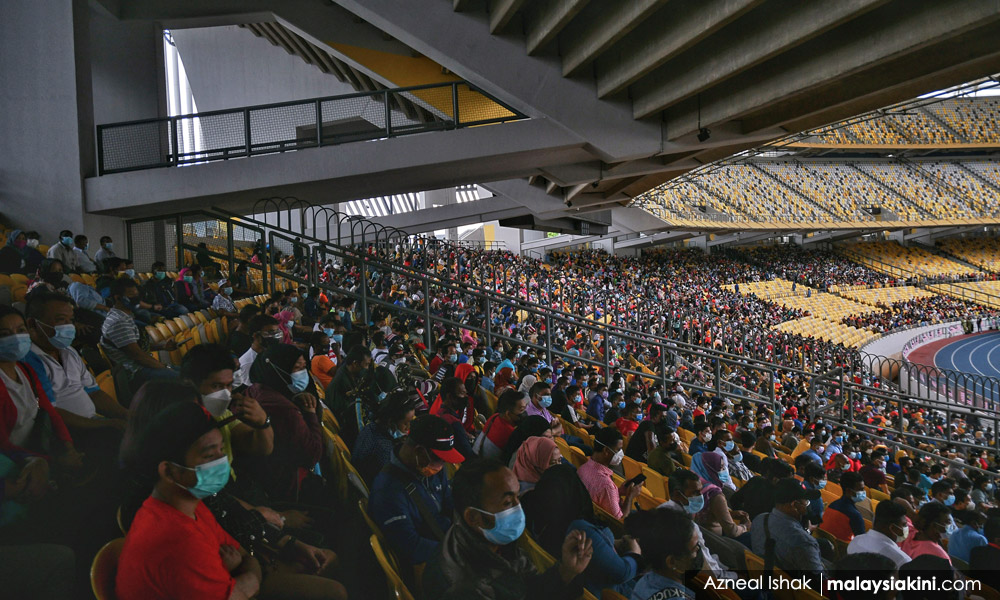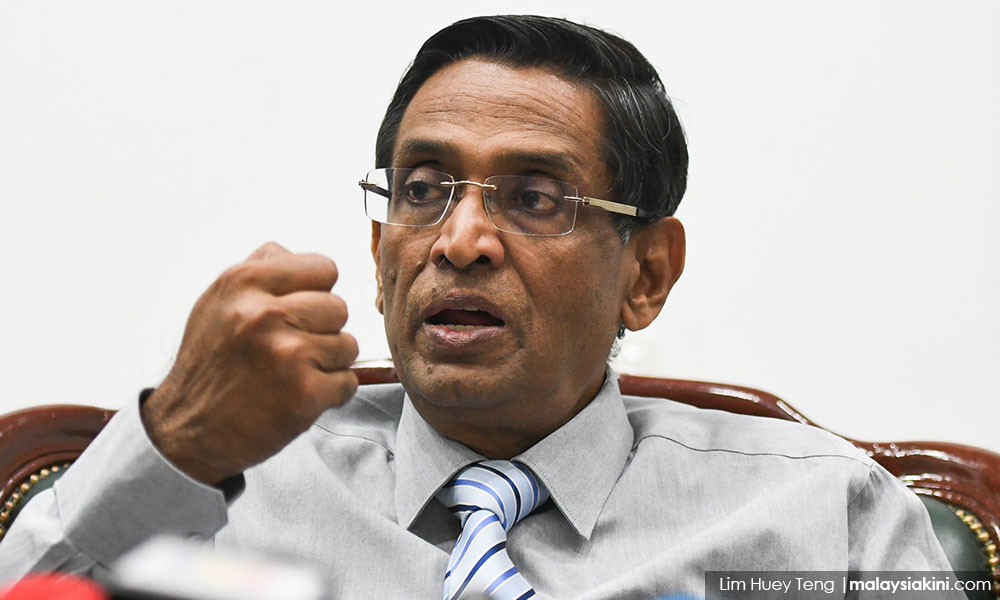INTERVIEW | First opened in the Klang Valley, mega-sized vaccine administration centres (PPVs) have since been set up in other parts of the country.
This comes at a time when states with low vaccination rates are experiencing Covid-19 surges, underscoring the need to speed up vaccinations.
Yesterday, Sabah had the second-highest number of daily infections behind the Klang Valley with 2,594 cases. It also has the slowest vaccination rates in the country, just 40 percent of adults were inoculated as of Aug 31.
While mega PPVs can administer 2,000 or more jabs per day, they also lead to crowds and possible infection spread. At least two such facilities have already seen Covid-19 outbreaks.
In a recent interview with Malaysiakini, former health minister Dr S Subramaniam wondered if opening more smaller-sized PPVs was the better strategy.
As for mega PPVs, he underscored that crowd control should not be overlooked in the effort to ramp up vaccinations.
“The government has to relook at this. Probably define a density according to the space.
“And limit the number of people for certain periods of time,” he said.
The previous Perikatan Nasional government had published a detailed ventilation guide for a variety of indoor environments, including healthcare facilities.
MySejahtera to manage walk-ins
Subramaniam, who served from 2013 to 2018 under the BN administration, also proposed using MySejahtera to better manage walk-in vaccinations.
“Rather than a free-for-all walk-in, what the government could announce is that those who want to come for a walk-in vaccination can register through MySejahtera.
“They can register and within one to two days, there should be a system that allocates these applicants to PPVs that are nearest to their address according to different time segments,” he said.
This way, PPVs would be able to anticipate the number of people who will show up for walk-ins each day.
He imagined that a managed process like this would help reduce congestion.
“MySejahtera is already a readily available tool for Malaysians and foreigners included.
“By utilising it in a very diligent and intelligent manner, I am sure we will be able to allow people to come get vaccinated faster (and) in a much smoother way without risking increased exposure to positive cases,” he added.
The government began allowing walk-ins in July. Initially open to senior citizens in the Klang Valley only, it was later expanded to more people groups and more states.
The purpose was to spur vaccination rates by encouraging those who had yet been given an appointment or facing registration hurdles to come forward.
Soon, some PPVs began experiencing long queues for walk-in vaccinations.
Migrant workers - many of whom are undocumented and unvaccinated - were seen lining up outside the Stadium Bukit Jalil mega PPV early in the morning even before it opened.
Last week, the policy was changed so that walk-ins in the Klang Valley were restricted to Malaysian citizens only.
This experience led states like Kelantan to reconsider whether to allow walk-ins at all, despite having low vaccination rates and high infection numbers.
Under the new government, both Covid-19 vaccination and Covid-19 management have been placed under the sole purview of the Health Ministry.
Newly minted Health Minister Khairy Jamaluddin previously spearheaded the National Covid-19 Immunisation Programme during the PN administration.
Need firm stand on ivermectin
Meanwhile, Subramaniam said he was concerned about the strong opinions for and against the use of ivermectin for Covid-19 treatment and prevention.
He urged the ministry to make a firm stand on the matter once its trial concludes in September.
“Maybe after the trial, the ministry can come out with a definitive answer saying that by virtue of this trial, whether this (drug) is beneficial or not (and) whether the side effects outweigh the benefits, or otherwise [...]
“At least there will be greater clarity from the ministry on this,” he said.
Health director-general Dr Noor Hisham Abdullah previously said that 500 patients from 12 public hospitals will be enrolled in a randomised clinical trial involving the drug.
Ivermectin is an anti-parasitic drug mostly used in veterinary medicine for treating worm infestations.
Regulatory bodies including the US Food and Drug Administration (FDA) and the European Medicines Agency (EMA) have concluded there was insufficient evidence to support the use of ivermectin as treatment of Covid-19. The World Health Organisation also issued guidelines against the routine use of ivermectin in the treatment of Covid-19 except in clinical trial settings.

In Malaysia, the drug is not approved for the treatment or prevention of Covid-19.
Subramaniam, who is a dermatologist, strongly advised against self-medicating with the drug sans a doctor’s prescription.
Worse still if people purchased ivermectin via illegitimate sources.
“We are going into the realms of the unknown because all we know is that some places have used it and they think it is useful. Beyond that, we don’t know how it acts in a larger group of people and whether the effect is real or placebo-driven [...]
“And once we have a black market, there are many variables. Firstly, the quality of the medicine is a variable - you don’t know who is manufacturing this medication. And what are the excipients used in manufacturing this drug?
“Because it has not undergone any kind of scrutiny, there are multiple risks involved,” he cautioned.
Excipients refer to non-active ingredients in a particular medication.
Subramaniam further advised against believing that taking ivermectin was capable of substituting the Covid-19 vaccine.
“If you’re saying you want to replace it for the vaccine, are you going to take ivermectin for the rest of your life as long as Covid-19 is with you? Of course, that is not the answer,” he stressed.
“Vaccines are for long-term reduction in morbidity and mortality,” he added, adding that science will eventually determine whether and when booster shots are needed.
The ministry previously recorded two cases of poisoning involving ivermectin.
A 35-year-old had taken one tablet and suffered shortness of breath five days later while a senior citizen was found unconscious after taking 15 tablets in one go. - Mkini






No comments:
Post a Comment
Note: Only a member of this blog may post a comment.